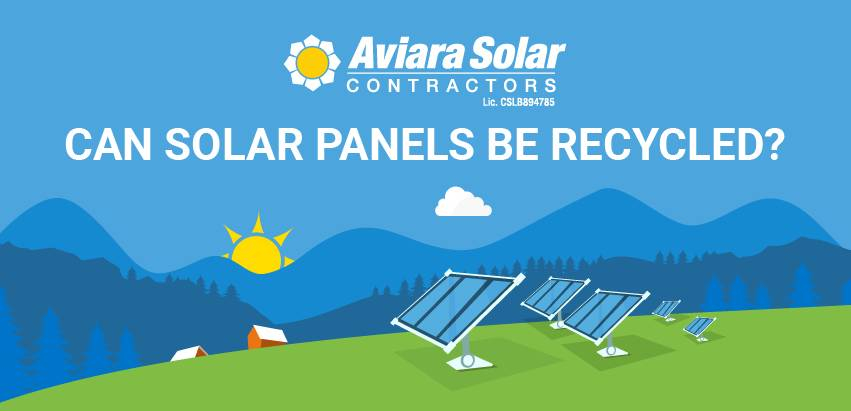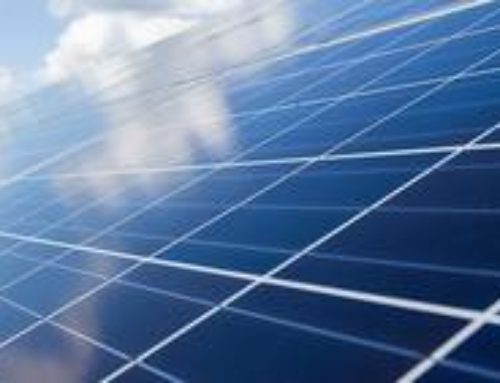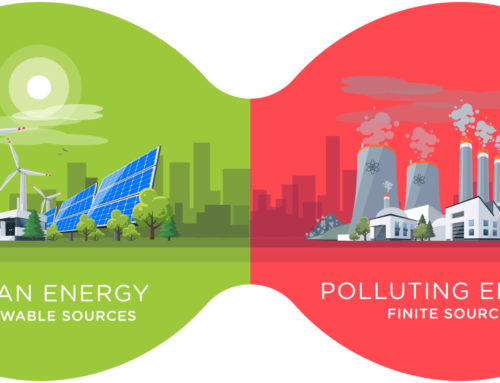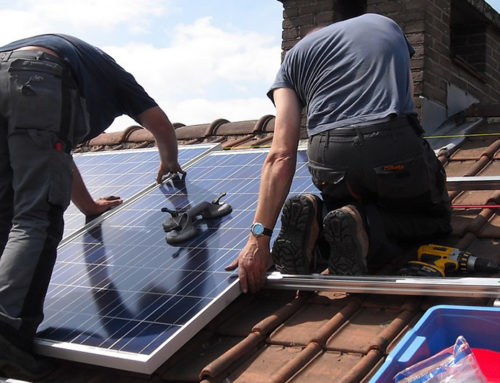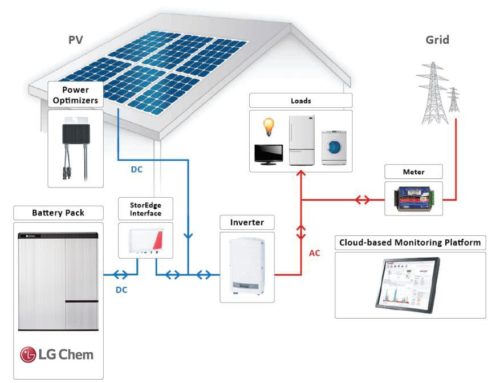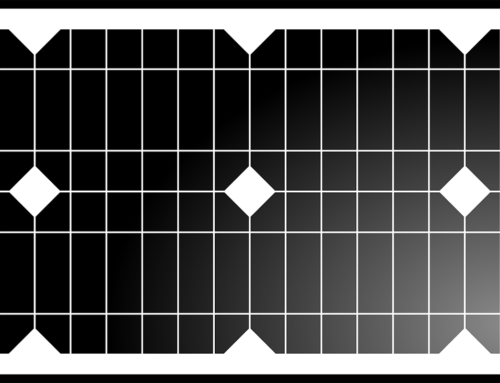
The lifetime of a solar panel system is about 30 years. The number of solar panels being sold and installed in the United States each year is increasing rapidly. As the years go by, there will be a high volumes of silicon solar panels at the end of their useful life and have to be disposed of. Solar panel recycling is at an early stage, but as the market grows it will become an important part that the solar industry will need to tackle.
Recycling & the future of solar
Solar energy is affordable and environmentally friendly – your solar panels will eventually reach the end of their lifetime. After their lifespan, many crystalline silicon solar panels will begin having significant dips in energy production and it will probably be time to dispose of or replace them entirely.
The disposal of Solar Panels is not environmentally friendly. Metals like cadmium and lead are found in solar cells, harmful to the natural environment if they are not recycled or disposed of properly. Also, if solar panels that are thrown away carelessly, they can end up in large landfills.
Recycling solar panels will be economically impactful as well. Rare elements in photovoltaic (PV) cells like gallium and indium are being taken from the environment over time. We need to be able to recover those resources to conserve the limited amount available on earth and re-use them for solar panels and other products. A 2016 study done by the International Renewable Agency (IRENA) estimated that $15 billion could be reclaimed from recycling solar modules by the year 2050.
Given the fast expansion of the solar industry, the number of solar panels in need disposal or recycling in the coming years will continue to increase. Panels will reach the end of their life each year, and even right now, old solar panels are starting to become an issue.
Parts of solar panels that can be recycled:
The recycle of solar panels can only be adequate if the materials utilize to construct them are able to be reused again, 30 or more years later. Solar panels are made from several components , including:
Silicon Solar Cells
Metal Framing
Glass Sheets
Wires
Plexiglass
Many of the components of solar panels can be recycled. All the Metal, glass, and wiring can all be recycled and reused. Silicon cells, the most essential component to producing electricity, are a bit of a different story. Silicon wafers are not recyclable like glass and plastic are, so specialty recycling companies are able to reuse silicon cells by melting them down and reclaiming the silicon and various metals. Separating the many materials solar panel are made of and recycling them each in a different way is the complex and likely an expensive process.
Recycling options:
These are a few organizations working to make solar panel recycling happen.

Veolia
Europe has a more developed solar market. European solar panel owners must recycle their panels once they are done using them due to their government regulations. Creating a market for panel recyclers, one of them is is Veolia.
Veolia partners and the non-profit PV Cycle in Europe are in charge of collecting and recycling solar panels. At Veolia, robots separate glass, plastics, silicon and metals from solar panels. Veolia first recycling plant opened in 2018.
Recycle PV
Recycle PV. is a company looking to bring solar recycling to the U.S. The governmental solar recycling requirements are lacking in the U.S., causing the company issues operating on a wide local scale. In the face of this, Recycle PV is teaming up with PV Cycle to help move U.S. panels to recycling facilities in Europe. Even though, Recycle PV, a small operation compared to some European panel recyclers, companies like Recycle PV will very likely see the demand for their recycling services expand over the next few years.
Solar Energy Industries Association (SEIA)
SEIA has a PV Recycling Working Group that picks recycling partners offering benefits to its members. These partners offer special pricing to the SEIA members, and in exchange, recycle their solar panels at their special facilities. Cleanlites is an example of one of this partners. They operate recycling facilities that can recycle panels and different solar equipment.
Manufacturers
Manufacturers are also increasing their recycling efforts. Companies like First Solar and SunPower have global recycling programs for their clients, they take old solar panels back (through companies like PV Cycle) to the manufacturer to be repurposed or recycled.

At some point in the future, your solar panel will reach the end of its life. What happens then? Read the infographic and learn how solar panels can be recycled to ensure that their parts are kept out of the landfill.
This infographic was produced in partnership with Revolution, a hard drive destruction and electronics recycling company based in Toronto.
Solar panels are beneficial for the environment, and recycling is coming soon.
While Solar panel recycling may not be prevalent in the U.S. yet, solar power energy is still a great financial investment that is both economically and environmentally friendly. By going solar now, you can reduce your electric bill and begin saving right away. Contact Aviara Solar to receive a FREE quote so you can start the process of going solar.

